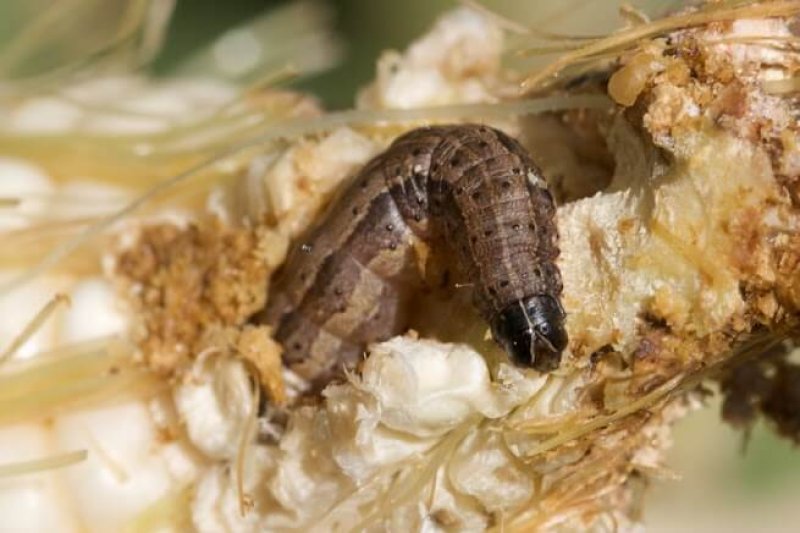Most Malawians, 80 per cent of the population, are subsistence farmers, depending on agriculture for survival. After harvesting, many farmers sell a portion of their produce to buy necessities for their families.
“I was downcast to see all the leaves with patches and I knew that something was seriously wrong,” said Mr. Maliza, who lives in Ligojo village in the southern district of Mulanje. “Inside the leaves were some worms similar to those that we have seen in previous years.”
“Because of armyworms I will not earn what I need to feed my family, and will also not have money to support my children with school fees and stationery,” added Mr. Maliza.
…
According to Malawian agriculture expert Tamani Nkhono-Mvula, the problem has been particularly severe this year, affecting about 150,000 hectares of maize. Just over 1,675,00 hectares of land are used for maize production in the country.
…
“We need to invest quite a lot in research. We probably need to come up with resistant crop varieties and other biological means of controlling the pest, as heavy use of chemicals may have negative effects on the environment,” he added.































